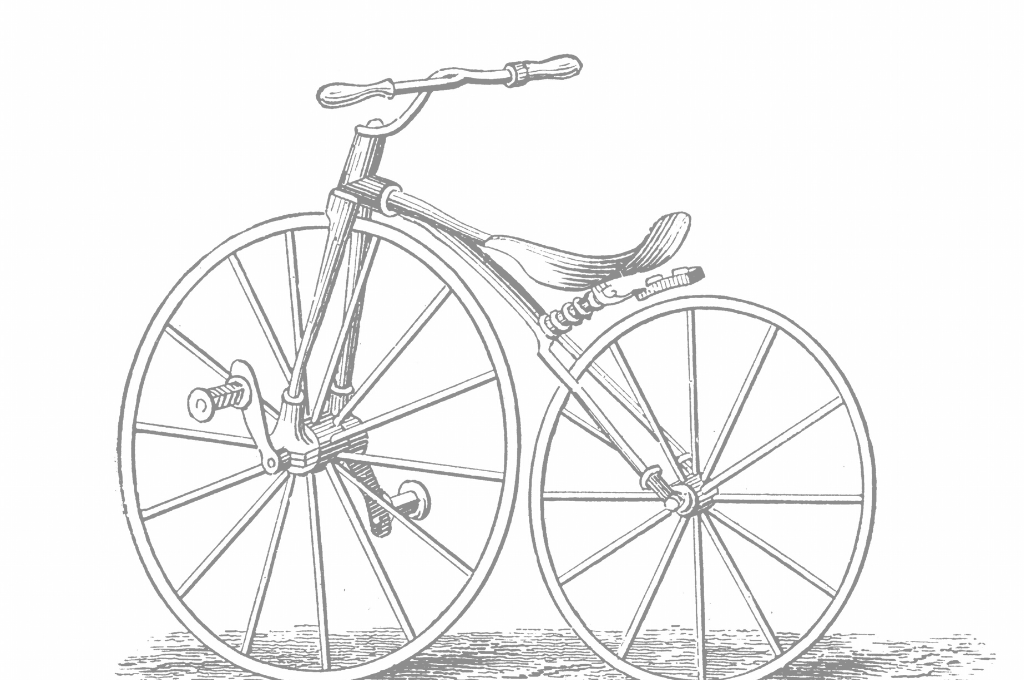This is not the start of a joke, but the beginning of a partnership between an inventor and a patent attorney, i.e. two experts from closely related fields. A lot depends on the quality of this partnership: how effective the legal protection of a invention is in domestic and foreign territories, how the risk of infringing others’ rights can be minimised when placing a product on the market, and many other issues… Indeed, such factors have a significant bearing on whether a company’s activities truly translate into commercial and financial success.
With all research and development projects, as soon as the basic assumptions of a potential invention are clarified it is essential to come up with a good patent strategy for the envisaged invention. A good patent attorney will help guide you through the process of developing such a strategy. However, before you visit one, let’s consider a few issues that will help to streamline the process and facilitate mutual understanding. To do that, you should ask yourself the following questions.
1. What is the essence of my solution?
First and foremost, before you go to talk to a patent attorney you need to think deeply about the true essence of your idea. In other words, it is necessary to define the features of the invention that are new and not obvious, and which you are most concerned about protecting in order to prevent competitors from using/copying the invention without your consent. At this stage it is necessary to focus on the specific features of the invention and not only its advantages (focusing only on its economic and marketing aspects is insufficient, for example). After all, we cannot ban competitors from manufacturing a device that is “better”, “faster” or “cheaper” than solutions known on the market to date. We can define, however, the specific elements of its construction that give the innovation these advantages.
It should be borne in mind that, according to the Polish Industrial Property Law Act (and similar provisions in other forms of legislation), the following are not considered patentable solutions: mathematical methods; plans, principles and methods concerning mental or business activities and games; programs for digital devices; information presentation methods; or products of a purely aesthetic character.
If, however, after careful consideration you conclude that what really distinguishes your idea are the elements of its appearance and its unparalleled design, then registration of an industrial design will most likely prove to be a much better form of protection. In such a case, it is advisable to go directly to a patent attorney specialising in the protection of industrial designs, and not inventions.
2. What technical problem do I solve and what distinguishes my solution from others?
If your invention clearly possesses unique technical features, then the next step is to define the technical problem it solves. As we know, necessity is the mother of invention, so you should specify what needs are satisfied by your invention.
At this stage, it is also worth summarising why the solutions publicly known to date have not met these needs, or how your solution to a given problem differs from those currently available. If you are able to identify competing entities or products, it is worth telling the patent attorney about them during the meeting.
3. Have I previously disclosed the invention?
One question that will certainly be asked at the meeting with the patent attorney will concern the issue of possible earlier disclosure of the solution. It is important to consider whether you have already described your idea in a public forum; for example, in a scientific article, on a website or in other promotional materials. Or perhaps you already talked about your idea to potential investors or subcontractors; if so, did you sign appropriate confidentiality agreements with them in advance? Any of these disclosures may form the basis for subsequent allegations of lack of novelty, so remember to tell the patent attorney about any such disclosures so they can help you assess the risks associated with them.
4. Which markets do I want to operate in? In which countries will I need protection?
Patent strategies are directly linked to business strategies; it is vital therefore to think about what business strategy you will formulate for the solution you want to protect. Which markets (in which countries) hold commercial importance for you? Remember that patent protection is always limited not only in time, but also territorially, and it costs money to bring proceedings before a patent office in a specific country. Therefore, it pays to think carefully from the outset about the minimum and optimal territorial scope of protection required for your invention. This issue will be discussed during your first meetings with a patent attorney because the decision to seek protection across a wide territory may be postponed for a maximum of 12 months from the date of the original application. You should also take into account that maintaining the protection of your rights in the future also entails expenditure, as do any efforts to subsequently enforce your rights in the event of an infringement.
5. What else can I protect?
Patent attorneys can also assist you with other areas of business activity, such as building a brand through registering trademarks or giving you legal advice on agreements concluded with co-workers and subcontractors (e.g. confidentiality agreements). It is worth keeping this in mind and when arranging a meeting, you should provide a full list of the topics you are interested in receiving advice on.
Finally, remember that patent attorneys will give you honest and frank advice. Their role is to anticipate potential threats and possible objections to your application from the patent office. It is possible that the patent attorney will advise, for example, that the best way forward is for your solution to remain as company know-how. However, the choice is yours – the final decision on the patent strategy always remains in the hands of the owner of the invention.



